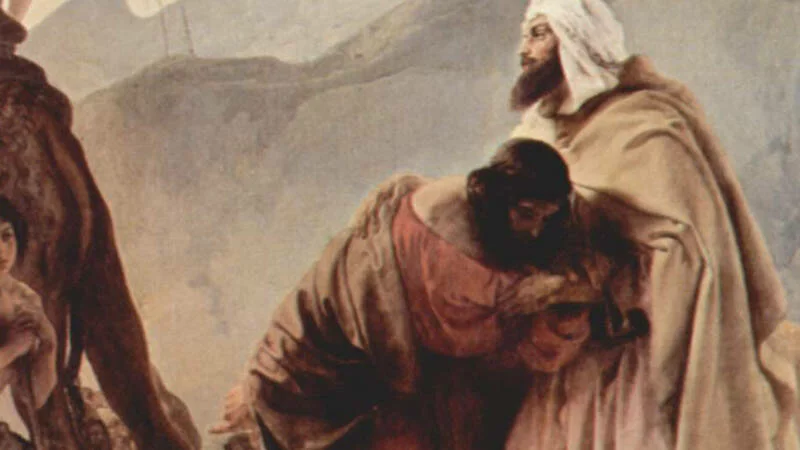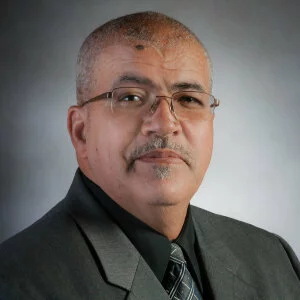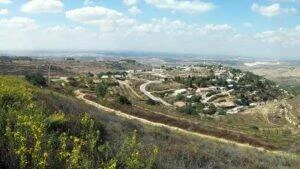In my last attempt at some needed soul searching, I reflected on Dr. King’s challenge for oppressed people to learn to forgive. I shared how uneasy this thought made me feel because of my problematic tendency to never forget a slight, much less a clear demonstrations of disrespect.
It is hard to let go of resentment, because it is an effective shield preventing a re-visitation with my rejection, or with occasional experiences of pain from humiliation. Suppose by some miracle I and some other black people began to seriously entertain this movement of the heart and soul? Would we get any help from members of the dominant culture in the experience of a type of Jubilee, even in the church of the Lord Jesus Christ? Forgiveness should be one way, unilaterally given. But what if some of us needed some help?
Jacob, Esau, and Forgiveness
Jacob, the deceiver, was one who came to the position of seeking forgiveness from someone whom he had wronged, namely, his older brother, Esau. Jacob had maneuvered him out of his birthright (Gen 25:33) and stolen Esau’s blessing as the elder son (Gen 27:36). No wonder he wanted to kill Jacob (Gen 27:41)! Jacob’s mother, Rebekah, sent him to her brother Laban and there over time, he married both Leah and Rachel (Gen 29). After Jacob Forgiveness should be one way, unilaterally given.had become rich through deception, the Lord told him to return “to the land of your fathers and to your kindred” (Gen 31:3). He would have to pass by his brother, Esau.
Jacob offered a gift of herds to Esau (Gen 32:13-21) perhaps out some cunning, but he would also position himself to receive forgiveness, if indeed it was offered. Jacob prayed to God before he saw Esau: “I am not worthy of the least of all the deeds of steadfast love and all the faithfulness that you have shown to your servant, for with only my staff I crossed this Jordan and now I have become two camps” (Gen 32:10). He was not worthy of the Lord’s blessings, nor of his brother’s forgiveness. Later, he would bow seven times before Esau as he came near to him (Gen 33:3). Esau would embrace him and kiss him while weeping (v. 4). It would be difficult to determine whether or not Esau would have forgiven Jacob without the gifts and the demonstrations of respect. I can only believe that these movements aided the process of forgiveness.
The Church Should Lead the Way
Perhaps in our still racially divided nation, God may provide an opportunity, or opportunities, for Jubilee experiences of forgiveness and restoration beginning in our churches. Dr. King’s words may be received by the oppressed minorities, or by those who regard themselves as oppressed. Perhaps aid to facilitate forgiveness may come from members of the dominant culture. Forgiveness and the reception of forgiveness, however, are so costly. Only divine power can accomplish both. Perhaps God may shower us with such mercy and power whereby the rest of the nation would have to take notice (John 13:35). Despite all this awareness, I must confess that I still struggle.
image: Meeting of Esau and Jacob (1844)
by Francesco Hayez (1791-1882)








Comments
Be the first one to make a comment!